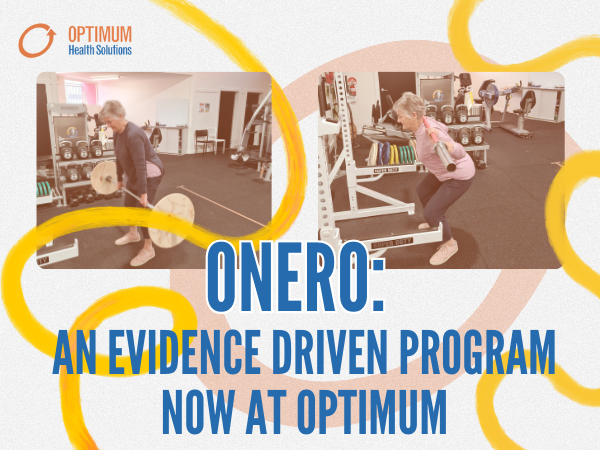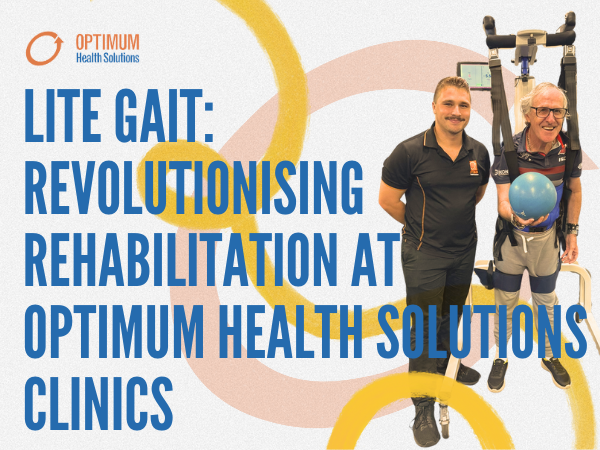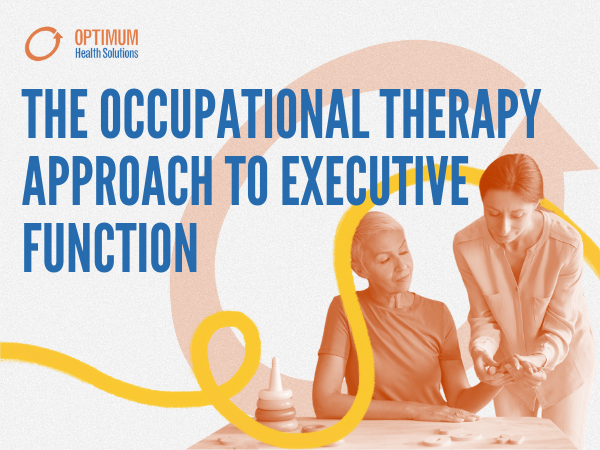What is lymphoedema?
Before I answer this question, let me start by explaining what lymphoedema is. Lymphoedema is essentially a build-up of large amounts of fluid (lymph) in one or multiple regions across our body. It occurs as a result of a failure in the lymphatic system or when the demand for lymphatic drainage exceeds our body’s capacity. Secondary lymphoedema is the most common in cancer patients/survivors as it is commonly caused by treatments such as radiation therapy or surgery. The National Breast and Ovarian Cancer Centre (NBOCC) review of research evidence on Secondary Lymphoedema states “conservative estimates suggest that 20% of breast, genitourinary, gynaecological, or melanoma survivors will experience secondary lymphoedema”. And when 1 in 2 males and 1 in 3 females experience some form of cancer by the age of 85, this equals a large percentage of the population. Lymphoedema cannot be cured, it can however be managed and reduced.
For many years it was thought that exercise made lymphoedema worse. Thanks to research, we now know this to be INCORRECT. In fact it has been proven that exercise can actually reduce lymphoedema and swelling. Exercise causes muscle contraction, which helps push lymph through the lymphatic system. Still not convinced? Now hopefully we all know the benefit exercise has on body weight, overall health and fitness, muscle strength, flexibility, pain, fatigue, quality of life, mood and stress, and this has no exception to Cancer sufferers and survivors alike.
However, to ensure a safe return to exercise post-treatment there are few steps/strategies we must adhere to:
- Obtain approval from your oncologist (cancer doctor) before starting an exercise program.
- Undergo an initial assessment with an Accredited Exercise Physiologist prior to commencing a structured program.
- Exercising the affected areas should NOT be avoided, however proactive injury prevention strategies should be established.
- Use of a compression garment on the affected area can reduce swelling to the area.
- Be aware of the infection risk of using public gyms and pools.
Optimum Health Solutions are offering unlimited free training for the month of November under our ‘Move’ember initiative for all people currently receiving cancer treatment, so why not book in for an initial consultation with one of our qualified Exercise Physiologists. We will be able to put together an exercise program regardless of your current health and physical activity levels. And while you are at it, make sure to ask your Exercise Physiologist for some home exercises and management strategies for when swelling occurs.








